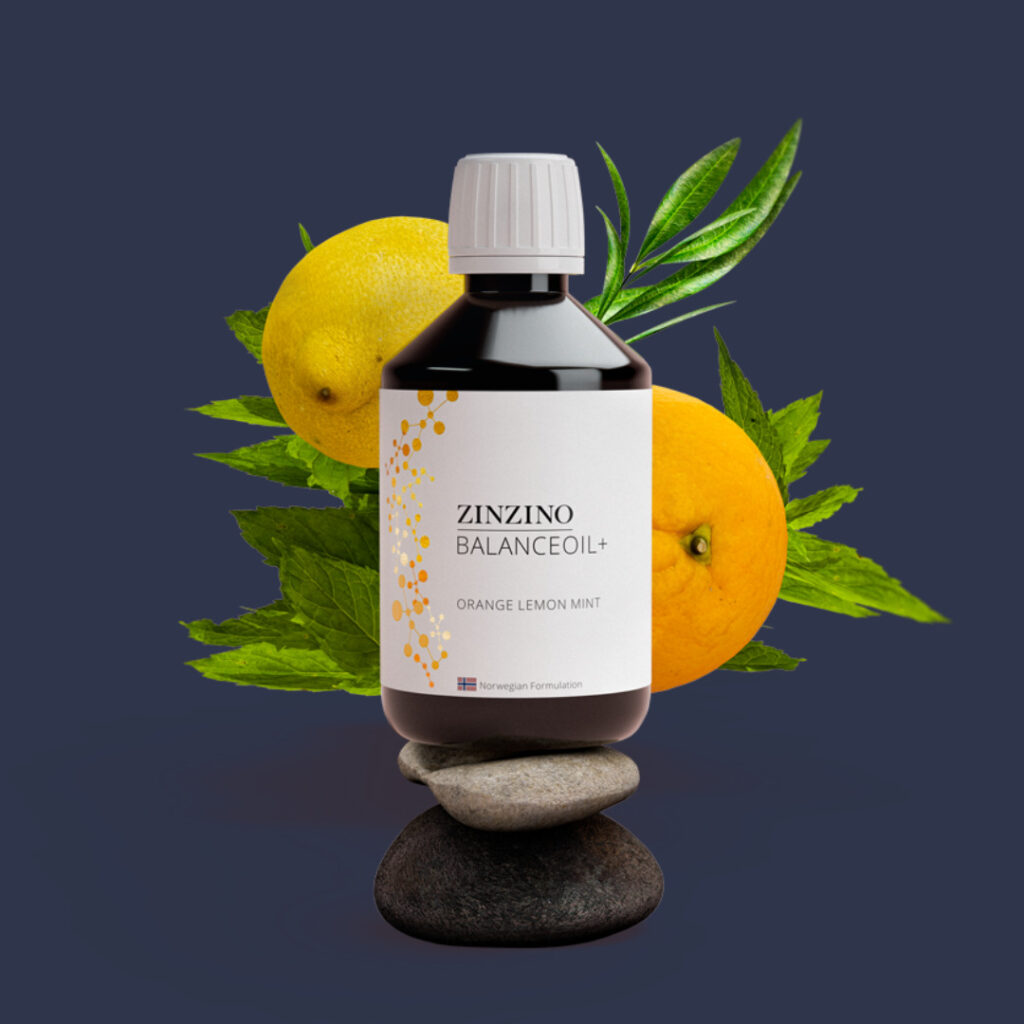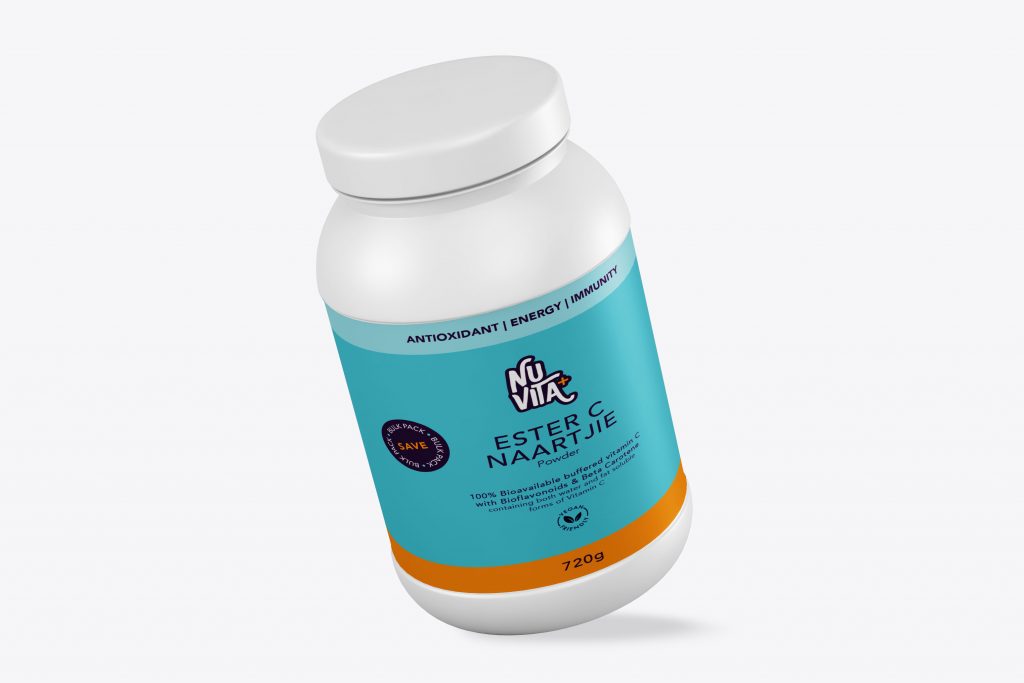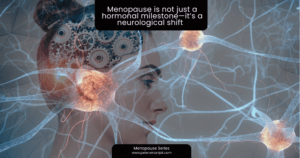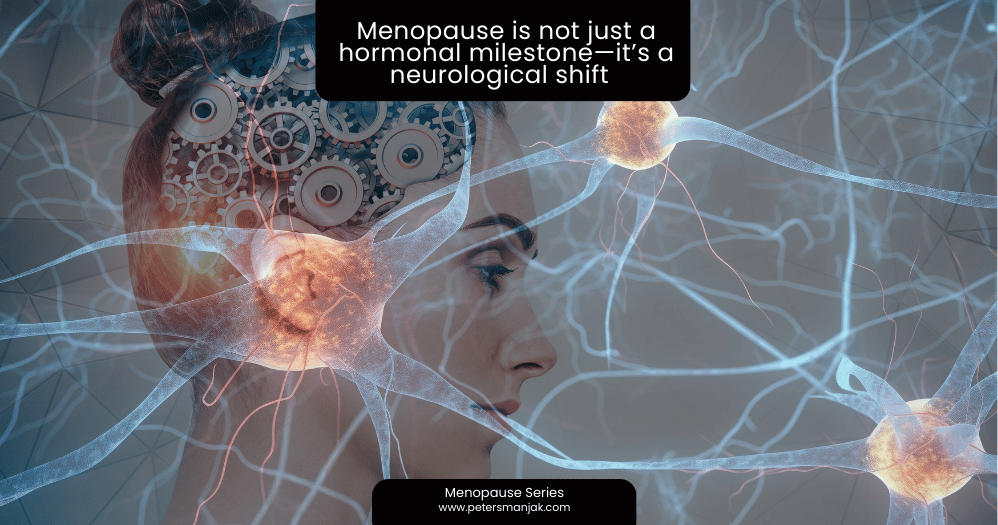In root cause medicine, the aim is to uncover and address the underlying factors contributing to illness, rather than just managing symptoms. When it comes to a life threatening illness such as HIV/AIDS, one overlooked but critical area is gut health. Emerging research points to the gut microbiome as a cornerstone of immune function, and addressing gut imbalances may offer significant benefits for patients managing this condition.
A 2017 study on Saccharomyces boulardii, a probiotic strain with powerful anti-inflammatory properties, reveals promising results for enhancing the immune response in HIV patients, particularly those who do not respond effectively to antiretroviral therapy (ART).
Why the Gut Matters in Immunity
The gastrointestinal tract is often referred to as the “second brain,” housing 70% of the body’s immune system. For individuals living with HIV/AIDS, chronic inflammation and gut imbalances play a significant role in their health challenges.
Key contributors include:
- Bacterial Translocation: Damage to the gut lining allows harmful bacteria and toxins, like lipopolysaccharides (LPS), to enter the bloodstream, triggering systemic inflammation.
- Chronic Inflammation: Persistent inflammatory responses exhaust the immune system, making it harder to rebuild CD4+T cells (a critical immune component).
- Microbial Imbalances: A disrupted microbiome hinders nutrient absorption and weakens the body’s defenses.
Saccharomyces boulardii: Addressing the Root Cause
S. boulardii is a probiotic yeast with a unique ability to restore gut health and modulate immune function. In the study, 44 HIV patients were divided into two groups—one receiving S. boulardii and the other a placebo. Over 12 weeks, the probiotic group experienced:
- Reduced Systemic Inflammation: Decreased levels of IL-6, a marker of inflammation.
- Improved Gut Barrier Function: Lower levels of LPS and bacterial translocation.
- Enhanced Immune Recovery: Greater ability to rebuild CD4+T cells.
These results highlight the importance of addressing gut imbalances as part of a comprehensive health strategy.
The Root Cause Approach to HIV Support
In root cause medicine, we recognize that conventional treatments, such as antiretroviral therapy, while essential, may not address underlying issues like gut health. By incorporating strategies to restore microbiome balance, we create a more holistic plan to support the body’s natural healing mechanisms.
Key steps include:
- Comprehensive Testing: Identify gut imbalances, inflammation markers, and microbial diversity through advanced testing like stool analysis.
- Targeted Interventions: Use specific probiotics like S. boulardii to repair the gut lining, reduce inflammation, and enhance immune recovery.
- Personalized Nutrition: Incorporate anti-inflammatory foods and nutrients to support gut health and overall well-being.
Why This Matters
For HIV patients, addressing gut health isn’t just about reducing symptoms—it’s about tackling one of the root causes of immune dysfunction. Incorporating a probiotic like S. boulardii into a broader treatment plan can provide a natural, scientifically-backed way to support the immune system, improve quality of life, and potentially enhance the effectiveness of conventional therapies.
Your Next Steps
If you’re living with HIV or supporting someone who is, or you have a compromised immune system, consider exploring gut health as part of a comprehensive approach to wellness. Speak with a healthcare provider trained in root cause medicine to create a plan tailored to your unique needs.
Interested in learning more? Reach out to us or schedule a consultation to see how root cause medicine can transform your health.








